Turkey part of Europe, but won't bow down to pressure, double standards: Erdogan
Turkish President Recep Tayyip Erdogan has accused the European Union (EU) of double standards against Turkey, saying his country will not bow down to pressures in order to gain full membership of the bloc.
Erdogan made the remarks during a speech to members of his ruling AK Party on Sunday, after the EU threatened Ankara with sanctions over its energy exploration in the disputed waters of the eastern Mediterranean, which have been the subject of a territorial row between Turkey and Greece.
"We see ourselves as an inseparable part of Europe...However this does not mean that we will bow down to overt attacks to our country and nation, veiled injustices and double standards," he said.
Turkey and Greece, both NATO members, have been embroiled in a long-running territorial dispute in the eastern Mediterranean over the region’s rich resources.
In August, Turkey dispatched a seismic research vessel and warships escorting it to prospect for energy resources in an area in the sea that is disputed with Greece, infuriating Athens.
But in mid-September, Turkey ended the mission of those vessels and ordered them back to shore for maintenance work. Ankara said the move was also meant to give diplomacy with Greece a chance.
The European Union (EU), which fully backs Greece, has threatened Turkey with sanctions if Ankara continues with its exploration in the disputed waters.
Ties between Turkey and EU took a turn for the worse last month after Brussels threatened Ankara with further sanctions if it continued oil and gas drilling in the disputed areas of the eastern Mediterranean Sea.
It also accused Erdogan’s government of ruining the country’s chances to join the EU.
German Chancellor Angela Merkel said on Thursday that the EU will discuss Turkey's pursuit of natural gas exploration in contested waters in the eastern Mediterranean at their next summit in December.
"We do not believe that we have any problems with countries or institutions that cannot be solved through politics, dialogue and negotiations," Erdogan said via video-link.
He also said the EU should keep its promises regarding the migrants issue and making Turkey a full member of the bloc.
Erdogan was referring to a 2016 refuge deal under which Ankara stemmed the flow of refugees and asylum seekers to Europe in exchange of financial aid, the acceleration of visa liberalization talks and progress in its EU membership negotiations.
Turkey began negotiations to join the bloc in 2005, but the bid has long been stalled amid disagreements over several issues, including Cyprus.
The island has been divided into a Turkish Cypriot-controlled north and a Greek Cypriot-controlled south since a brief war in 1974, which saw Turkey intervene militarily in response to a military coup on the island that was backed by Athens.
Greek Cypriots run the island’s internationally-recognized government, while Turkish Cypriots have a breakaway state in the north — only recognized by Turkey.
EU foreign policy chief Josep Borrell said earlier this month that Turkey's rhetoric on Cyprus was aggravating tensions with the EU, adding that Ankara had to understand that its behavior was "widening its separation" from the bloc.
Turkey has also been angered by a European Commission annual report that accused Erdogan’s government of undermining Turkey’s economy, eroding its democracy, and destroying independent courts.
The October report said that Turkey’s human rights record had pushed Ankara further away from membership in the EU than ever.
It also accused the Erdogan government of exposing Turkey to “rapid changes in investors’ sentiment.”
Ankara dismissed the report as “biased, [and] far from constructive,” saying that the country “is acting within the framework of universal norms, in line with fundamental rights, democracy, and the principle of rule of law.”
VIDEO | 85% of Yemeni displaced people face daily hunger crisis
US House passes bill targeting charities and pro-Palestine groups
VIDEO | Supporting Gaza genocide
Hezbollah attacks Israeli forces after Lebanese homes blown up
World leaders, states hail ICC arrest warrants for Netanyahu, Gallant
MP: US accountable for possible Israeli 'foolishness' to attack Iraq
VIDEO | Israeli policies strangle Palestinian agriculture, economy
Iran's president offers condolences to Pakistan over terrorist attack


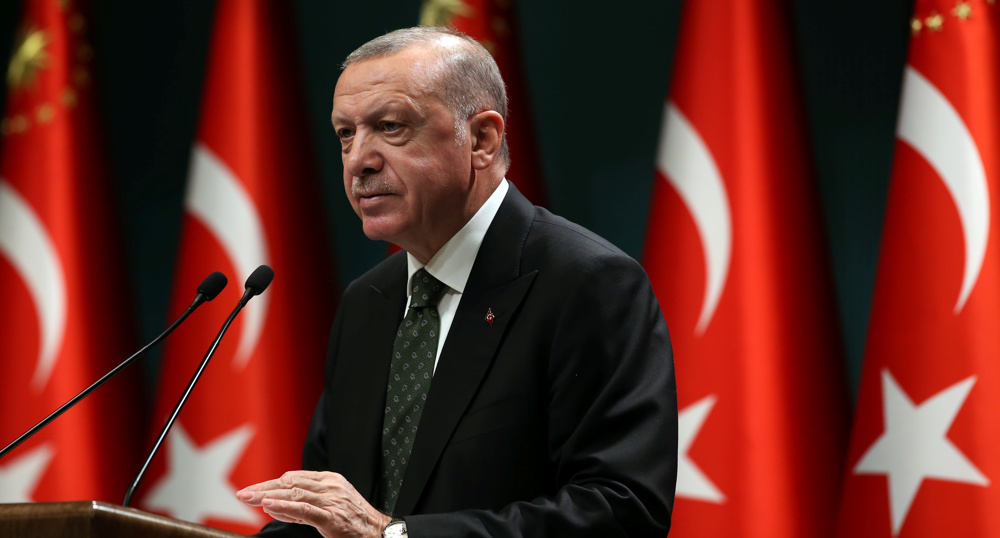



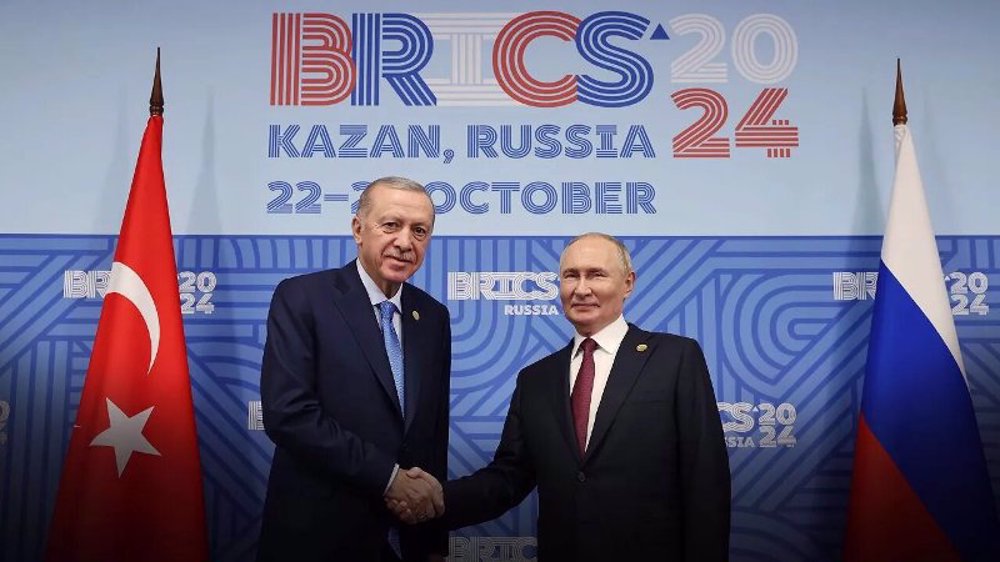
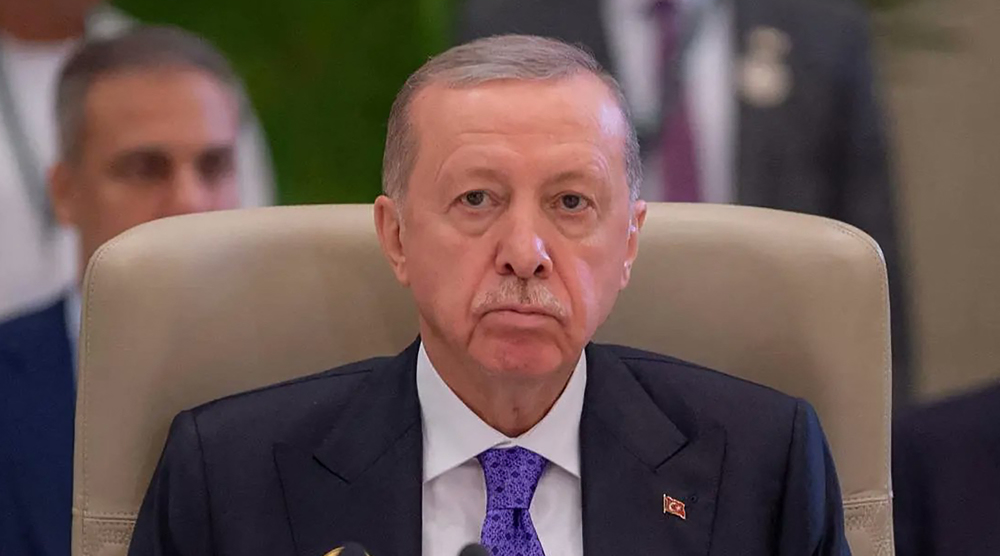



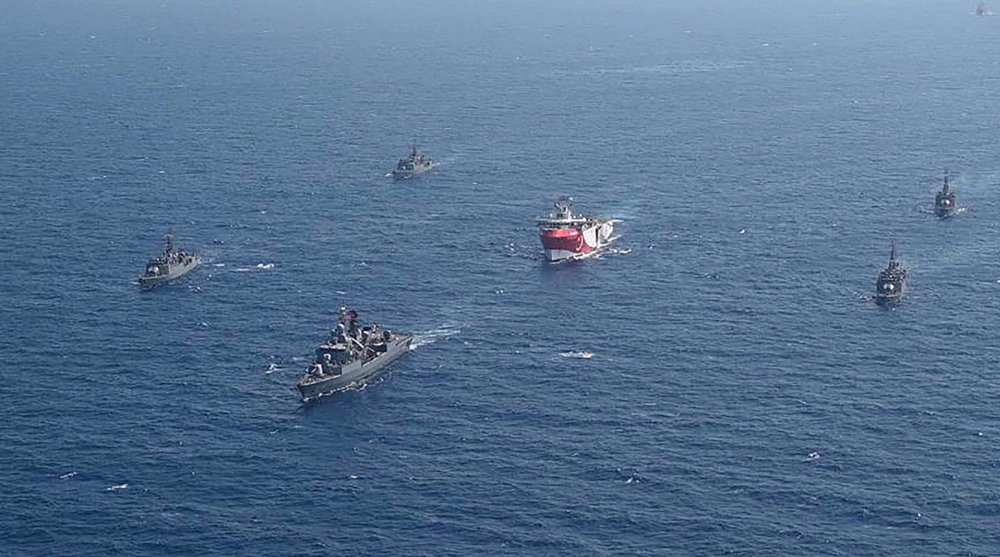

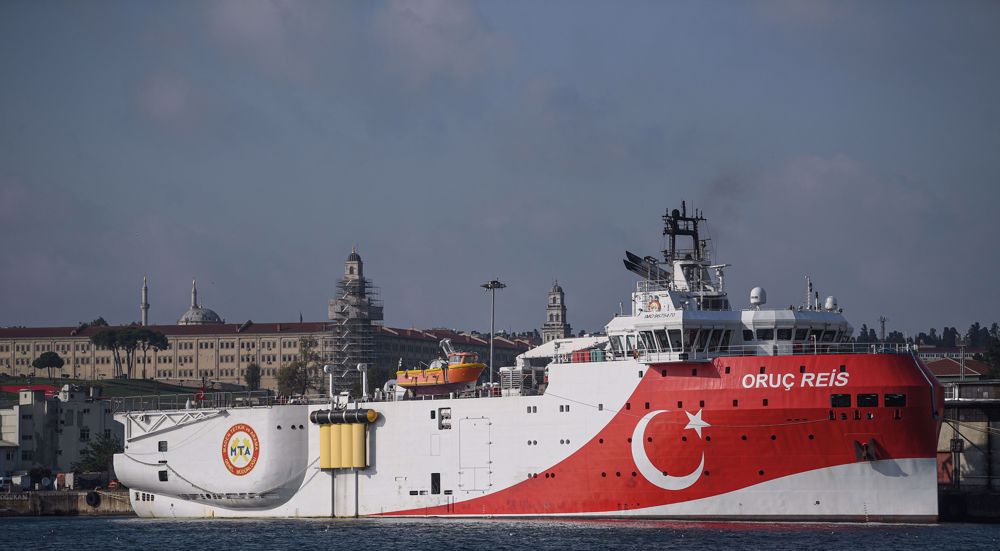

 This makes it easy to access the Press TV website
This makes it easy to access the Press TV website